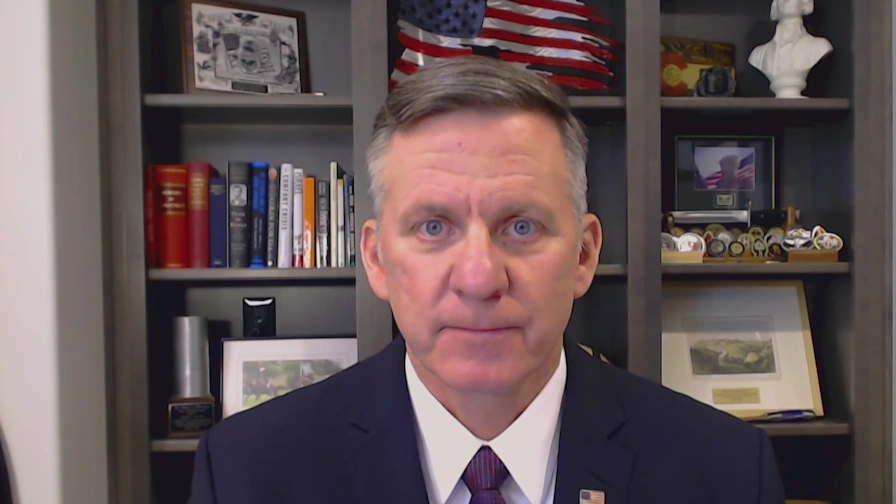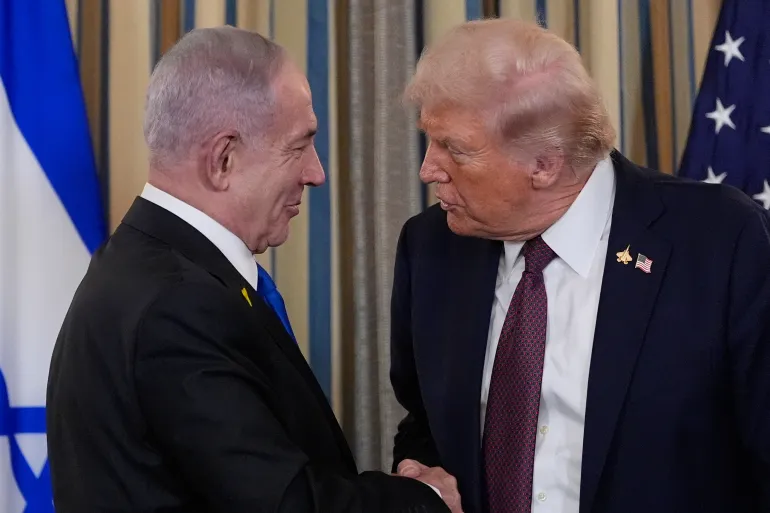How Might Iran Respond? “It's Very Hard to Say Whether They Can Retaliate Effectively” – Former U.S. Security Coordinator for Palestinian Affairs, Schwartz
It is still unclear how Iran will respond to the recent U.S. airstrikes, but Lieutenant General Mark C. Schwartz, former U.S. Security Coordinator for Palestinian Affairs, is confident that Iran will retaliate in some form.
How Might Iran Respond? “It's Very Hard to Say Whether They Can Retaliate Effectively” – Former U.S. Security Coordinator for Palestinian Affairs, Schwartz
How Might Iran Respond? “It's Very Hard to Say Whether They Can Retaliate Effectively” – Former U.S. Security Coordinator for Palestinian Affairs, Schwartz
[London, June 23, 2025]
It is still unclear how Iran will respond to the recent U.S. airstrikes, but Lieutenant General Mark C. Schwartz, former U.S. Security Coordinator for Palestinian Affairs, is confident that Iran will retaliate in some form.
In an interview with the BBC, Schwartz stated:
“Iran will retaliate in some way. Exactly how they’ll do it, that’s hard to predict right now.”
He emphasized that his primary concern lies with U.S. military forces stationed in Iraq, Jordan, and Syria, which are far more vulnerable than those in places like Bahrain or Kuwait.
Schwartz explained that Iran holds broad influence across the Middle East and commands multiple proxy forces that could act on Tehran’s behalf.
Some of the most notable among these include:
-
Kataib Hezbollah – An Iran-backed Iraqi Shia militia, designated a foreign terrorist organization by the U.S. in 2009.
-
The Houthis in Yemen – Who have previously launched missile and drone attacks on Saudi Arabia, the UAE, and other targets in the region.
Schwartz warned:
“There is no shortage of military targets in Iran for Israel or the United States. And if Iranian forces are attacked, they could certainly respond.”
However, he expressed that a diplomatic solution would be far more effective than continued military escalation:
“The best outcome would be if we could get everyone back to the negotiating table.”
Given the current geopolitical tensions, Schwartz believes Iran may opt for indirect retaliation through its regional allies and militias, rather than launching direct military strikes.
This raises concerns of widespread violence, particularly targeting U.S. bases in Syria and Iraq, and may escalate instability throughout the Middle East.










